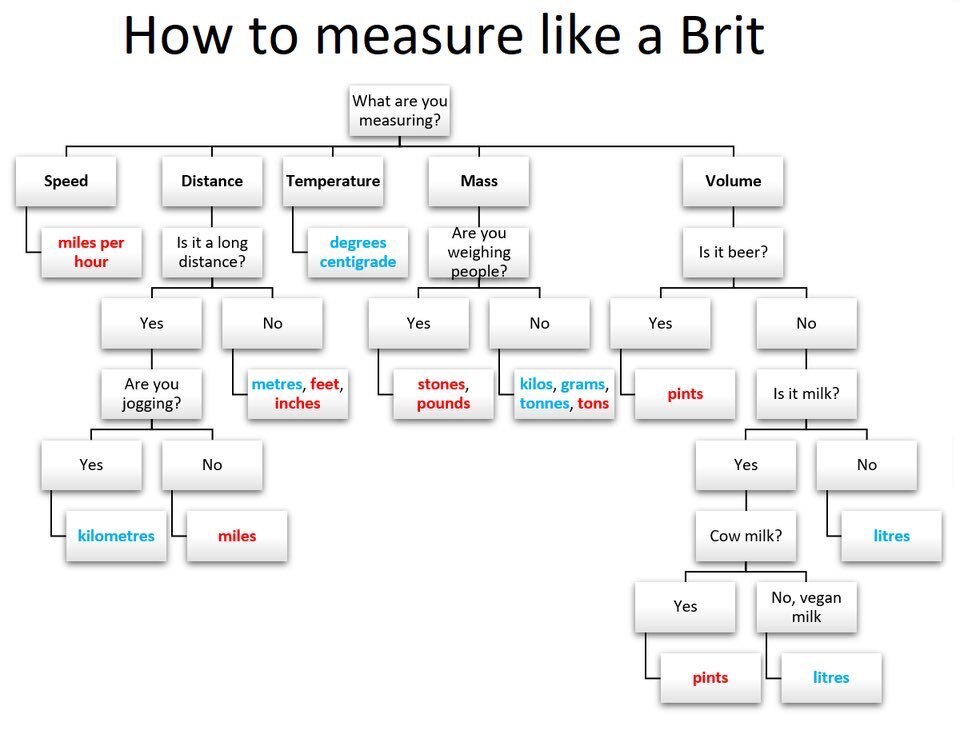this post was submitted on 13 Jul 2023
453 points (98.9% liked)
Memes
8321 readers
1083 users here now
Post memes here.
A meme is an idea, behavior, or style that spreads by means of imitation from person to person within a culture and often carries symbolic meaning representing a particular phenomenon or theme.
An Internet meme or meme, is a cultural item that is spread via the Internet, often through social media platforms. The name is by the concept of memes proposed by Richard Dawkins in 1972. Internet memes can take various forms, such as images, videos, GIFs, and various other viral sensations.
- Wait at least 2 months before reposting
- No explicitly political content (about political figures, political events, elections and so on), !politicalmemes@lemmy.ca can be better place for that
- Use NSFW marking accordingly
Laittakaa meemejä tänne.
- Odota ainakin 2 kuukautta ennen meemin postaamista uudelleen
- Ei selkeän poliittista sisältöä (poliitikoista, poliittisista tapahtumista, vaaleista jne) parempi paikka esim. !politicalmemes@lemmy.ca
- Merkitse K18-sisältö tarpeen mukaan
founded 2 years ago
MODERATORS
you are viewing a single comment's thread
view the rest of the comments
view the rest of the comments


I mean - boiling is boiling, right? Do you ever really need to measure whether your water is boiling in daily life? I would concede that it's useful to know more easily when water will freeze when it comes to the weather. It's really the higher end of the Celsius scale that I'm critical of. Fahrenheit could share Celsius's 0 and my criticism would be more toothless. Though Fahrenheit's logic around 0 is that anything below 0 weather-wise is exceedingly rare and momentous in northern climates. I think that makes sense as an argument. Negatives in Celsius are common (at least in North America), but a negative in Fahrenheit is mouth gaping dreadful levels of cold. That's at least as intuitive to me as having 0 be freezing. Since 0 implies the bottom of the temperature scale.
It's intuitive for you, but things are intuitive if you grow up with it. Fahrenheit is anything but intuitive for me, even if, thanks to the internet, I've been confronted with it for years now.
Both got their pros and cons in day to day life. It’s about getting used to it. The switch to scientific applications is easier with Celsius however….
But the point of the reference values is to be.. referencable..
How do you reference 0F? Referencing 0°C is trivial albeit not strictly accurate, and 100°C is equally trivial though only accurate to within like 5 degrees.
And this isn't a theoretical issue, it's fundamentally useful to be able to double check that a thermometer is at least roughly correct.